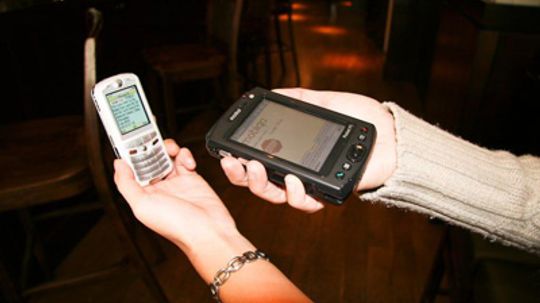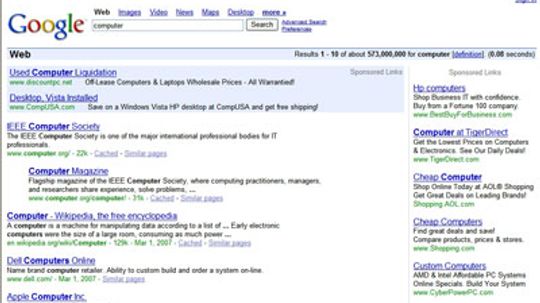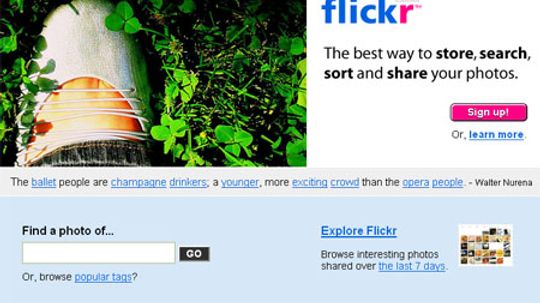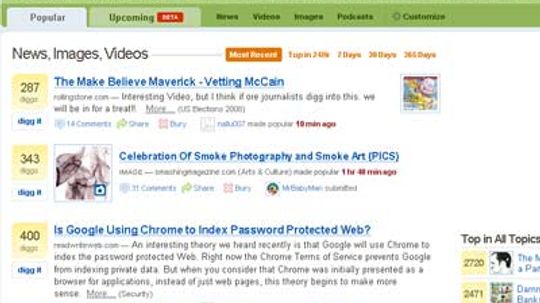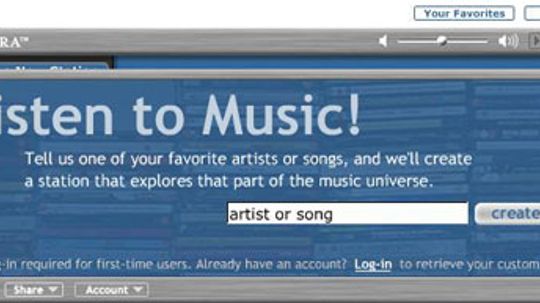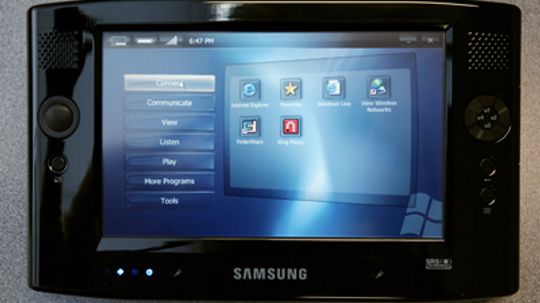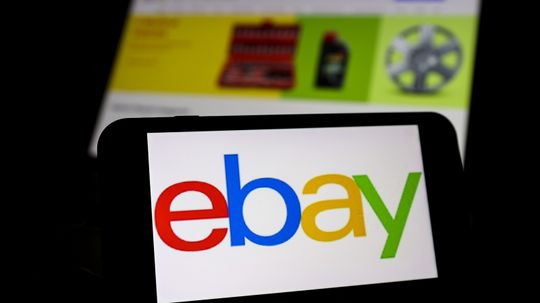Internet Technology
We look to the Internet for news, socializing, shopping, research and more. From HTML code to instant messaging, we'll break down what's really going on whenever you log on, send an e-mail, visit a popular Web site or post to a blog.
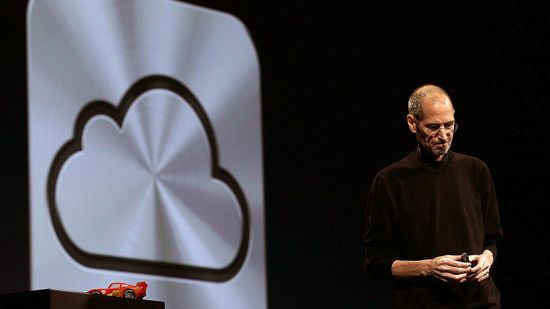
The Truth About Cloud Storage and Its Future

5 Ways to Keep Your Information Secure in the Cloud

Are my files really safe if I store them in the cloud?

Can the Internet Break From Overuse?

Could an Attack on Undersea Cables Take Down the Internet?
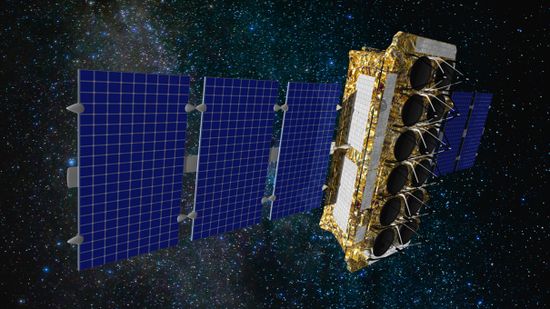
Constellations of Internet Satellites Will Beam Broadband Everywhere
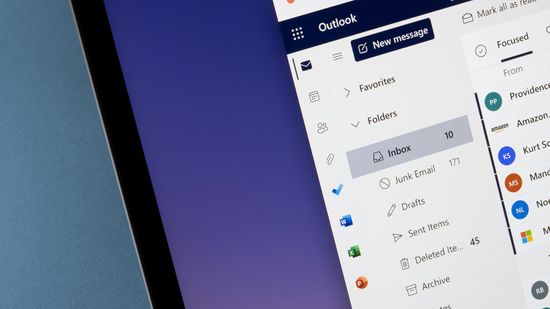
How to Recall an Email in Outlook or Gmail

What Does CC Mean in Email?

How to End an E-Mail: 21 Professional and Personal Sign-Offs

How Do Search Engines Work? All About Ranking and Bidding
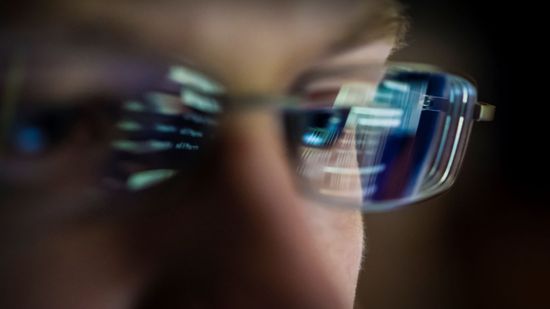
How to Access the Dark Web

How to Change the Language in Google Chrome

4 Most Secure VPN Option to Keep Your Internet Activity Private
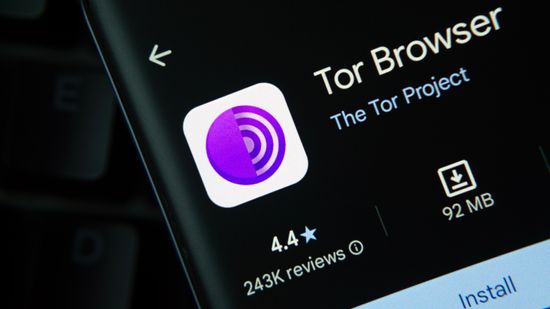
7 Most Secure Browser Options for Privacy-Minded Individuals

Looking for a Search Engine That Donates to Charity? Here Are 10

Should You Use Facebook or Google to Log In to Other Sites?
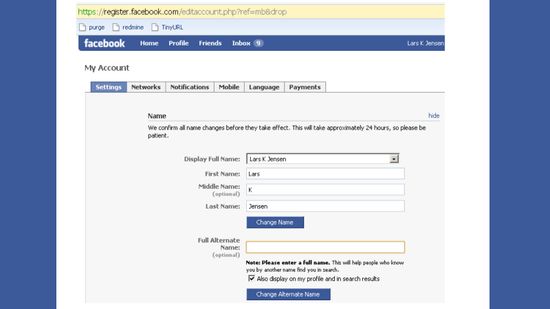
How to Change Your Name on Facebook

How to Deactivate Facebook
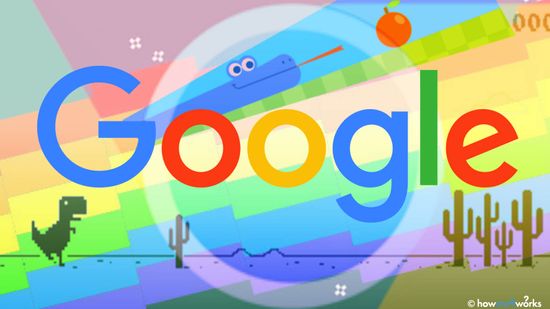
Google Easter Eggs: Sweet Treats Hidden in Plain Sight
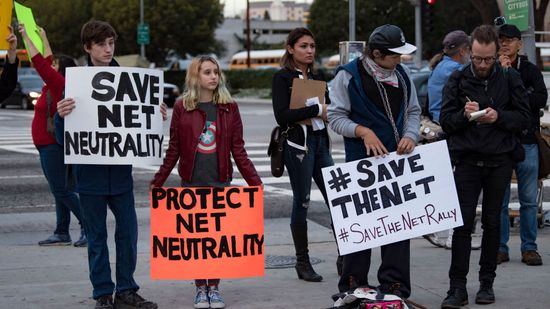
10 Reasons Why You Should Care About Net Neutrality

WiFi Extender vs. Booster: What's the Best Choice for You?

Does Weather Mess With Your Internet Connection?
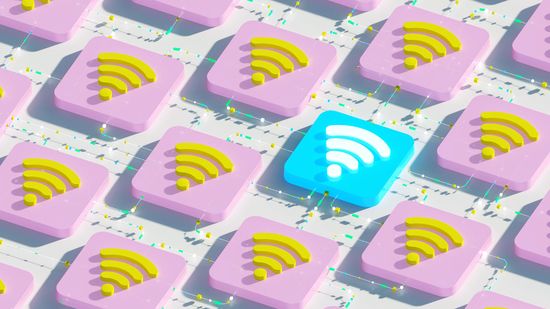
Why Does My WiFi Keep Disconnecting? 6 Easy Fixes
Learn More / Page 10
Obsessively checking e-mail. Playing online games for 12 hours or more at a time. Placing more value on chat-room friends than real ones. Just what is computer addiction, and why do some doctors disagree over whether it exists at all?
Online maps are great for people who get lost easily, and they're just plain fun for figuring out where stuff is. But Google Earth is no ordinary map.
Can Facebook get you $10 million? It can if you're a software developer who's generous with his ideas. The fbFund is offering grants to creative developers, but how do you get one? And if you're not a developer, how else can you make money on the Web
By Josh Clark
Advertisement
It's happened to almost all of us at some point in our Web surfing experience -- you're visiting a new site when all of a sudden your screen begins to fill with boxes advertising goods and services. Enter the pop-up blocker.
One of Web's most explosive phenomena, MySpace grew to 54 million profiles seemingly overnight. Find out what MySpace really is, how it blew past the competition and why Rupert Murdoch thought it was worth $580 million.
Someone at the CIA is editing Wikipedia entries about lightsabers. How do we know? The Wikipedia Scanner. Virgil Griffith created the WikiScanner to catch politicians, corporations and government agencies in the act of trying to change their Wikipedia entries anonymously.
Automated reminders keep you on top of your to-do list. Find out how e-mail, text and phone notifications can save you time and money.
By Dave Roos
Advertisement
Emergency notifications can alert people in seconds. Find out how these powerful systems work and how your cell phone may just save your life.
By Dave Roos
With mobile ticketing on your cell phone, you'll never have to worry about losing another paper ticket again. Find out more about this cool new technology and how it works.
By Dave Roos
Electronic notifications keep large organizations and individuals informed and in touch 24/7. Learn more about benefits and applications.
By Dave Roos
In recent years, Google has faced lawsuits related to its response to click fraud, a practice that leads to increased ad revenue for Google. Find out how click fraud works and how it affects the search-based advertising industry.
By Julia Layton
Advertisement
What is revolutionary about Second Life is that it's not only legal to make real money from your character's virtual endeavors -- it's encouraged. The exchange of your accumulated virtual dollars into "real" dollars is built into the system.
By Julia Layton
Broadcast messaging delivers information to lots of recipients at once. Learn about broadcast messaging service providers, different kinds of broadcast messages and do-not-call lists.
Podcasting may be the ultimate democratization of radio. Anyone with an Internet connection and some inexpensive audio equipment can produce their own podcast and make it available online.
Five years after the debut of IE6, Microsoft released the first truly upgraded version of its Web browser. Take a look at what made it such a dramatic improvement.
By Julia Layton
Advertisement
When MySpace claimed there was no way to patrol its own profiles for sexual predators, Wired News editor and former hacker Kevin Poulsen took it as a challenge.
By Julia Layton
Online photo-sharing sites let you upload and share your digital photos with anyone you choose. There are quite a few sites you can use, but check out an example in this article.
Net neutrality can be summed up by a familiar saying: If it's not broken, don't fix it. But how you define "broken" determines in where you stand. Find out why telecom providers are duking it out with content providers like Google and Amazon.
Digg.com is a user-driven news Web site that lets people find, submit, review and feature stories from every corner of the Web.
By Julia Layton
Advertisement
Pandora Radio is different from other Internet radio sites. Instead of relying on genre, user connections or ratings, it uses a Music Genome. What is this Music Genome and how does it know what songs you like best?
By Julia Layton
Learn what Microsoft has planned for the Ultra-mobile PC and what is still to come.
By David Strom
Learn about the amazing things that these networks can do and how they may provide free or cheap Internet access. We'll walk you through the technology behind "Municipal WiFi" and tell you why this term can be a misnomer.
The Webby Awards are the premier awards honoring excellence on the Internet. But at this ceremony you won't hear anyone breathlessly thanking the academy for one of the spiral statues.
Advertisement
Even though they're central to creating and maintaining the Web, computers can't make sense of all this information on their own. They can't read, see relationships or make decisions like you can. Learn how the semantic web could change that.
Where can a person get $28,000 for a partially eaten grilled cheese sandwich that may or may not contain the image of the Virgin Mary? On eBay, of course. Find out all about the largest auction site in the world.
By Julia Layton








